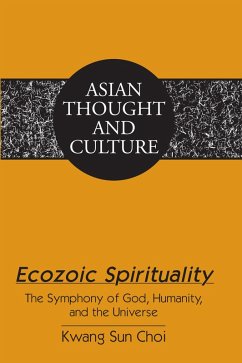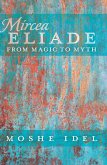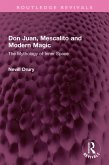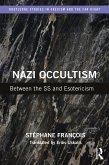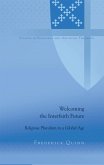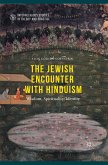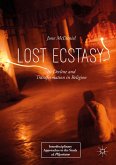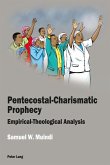By giving special attention to the integral relationship among God, the cosmos, and humanity, the works of Thomas Berry (1914-2009, USA) and Zhou Dunyi (1017-1073, China) provide insights that speak to the current ecological crisis, a cosmological context for developing an Ecozoic spirituality, while helping to advance clear values and ethical parameters that lead to a more authentic human presence on Earth.
Dieser Download kann aus rechtlichen Gründen nur mit Rechnungsadresse in A, B, BG, CY, CZ, D, DK, EW, E, FIN, F, GR, HR, H, IRL, I, LT, L, LR, M, NL, PL, P, R, S, SLO, SK ausgeliefert werden.
(Mary Evelyn Tucker, Forum on Religion and Ecology, Yale University)
«Kwang Sun Choi seeks a shift from the current dominant spirituality that fosters humanity's alienation from Earth to a more functional ecological spirituality that reawakens us to the integral relationship among creation, humanity, and the Divine. With considerable insight and skill, he draws important themes from the worldviews of the early neo-Confucian Zhou Dunyi and the contemporary cultural cosmologist Thomas Berry. By blending these themes through critical reflection on the ecological crises that threaten the future of humanity, Choi systematically identifies the ethics and virtues that will promote more responsible choices that can ultimately be mutually enhancing for us and the rest of creation. This book is a rare blend of significant scholarly research, mature spiritual reflection, and hopeful, practical visioning; it both informs and inspires.»
(Dennis Patrick O'Hara, Elliott Allen Institute for Theology and Ecology and University of St. Michael's College)
«Kwang Sun Choi's research is exceedingly important for all those who are concerned about the ecological crisis besetting us now. Choi articulates an Ecozoic spirituality by focusing on the sacred journey of the Earth community as well as on the harmony among God, humanity, and the universe. I believe that this work is a sparkling contribution to contemporary conversation about the ecological crisis and its relationship to spirituality and faith. In this book readers will find both wisdoms of East and West for an Ecozoic spirituality.»
(Young-sang Ro, President, Honam Theological University and Seminary)
«With both scholarly clarity and passionate commitment, Kwang Sun Choi explores the work of two major thinkers who help him construct a spirituality that connects Christian faith and authentic humanity to ecological sensitivity and action. Such a spirituality, he argues, is essential not only to saving the integrity of our universe, but also to saving ourselves.»
(Stephen B. Bevans, SVD, Louis J. Luzbetak, SVD Professor of Mission and Culture,Catholic Theological Union)

